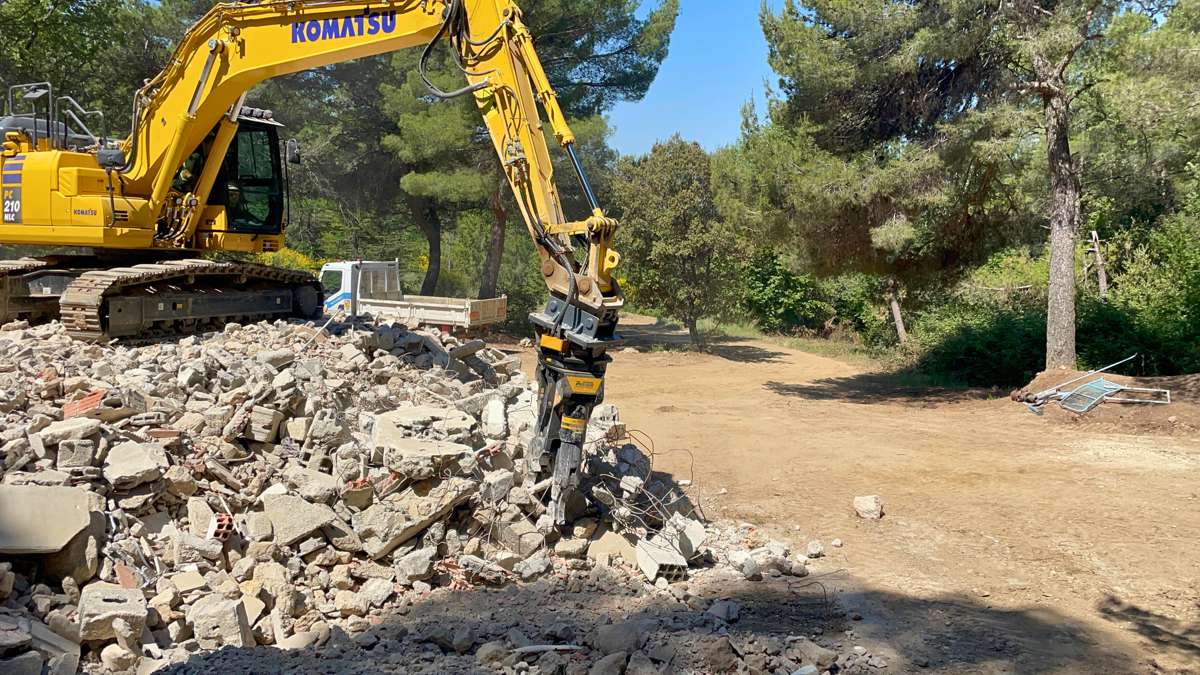Is the Project Profession ready to tackle Climate Challenge
Association for Project Management (APM), the chartered body for the project profession, has launched a new report Future Trends: Tackling Climate Change, revealing the views of the project profession on climate change and its role in addressing the key challenges.
Insights highlighted in the report are drawn from APM’s annual Salary Survey and Market Trends Survey 2021, in partnership with YouGov, in which 2,626 project professionals took part.
The report centres around key themes including awareness and engagement with climate change, the challenges facing the projection profession, and the measures that can deliver the biggest lasting impacts.
APM commissioned the report following a poll of project professionals in 2020 (with research company Census wide) which showed early signs that the ‘new normal’ of the post-pandemic world has led to project managers and their organisations placing greater focus on net zero projects.
Sue Kershaw, APM president, says: “As the only chartered body for the project profession in the world, we fully acknowledge the importance of project skills in delivering global solutions to the climate crisis. Organisations developing net zero carbon strategies must demonstrate commitment and the capability to deliver them well.
“To support this, we are doing more than ever to emphasise the importance of making sustainability and environmental focus a core part of projects and their deliverables, including our latest report on tackling climate change.”
Key findings highlighted in APM’s Future Trends: Tackling Climate Change report:
Barriers to action
The report discovers that the most significant challenge for project professionals in moving towards a decarbonisation/net zero strategy in their organisation is competing priorities, identified by 36 per cent of project professionals.
The top five challenges highlighted in the report include:
- Competing priorities – 36 percent
- Financial or investment restrictions – 33 percent
- Lack of knowledge or awareness – 27 percent
- Lack of demand from clients/customers/supply chain – 22 percent
- Business strategy conflicts – 22 percent
Climate change and competing priorities
Despite the importance of climate change and achieving net zero, competing priorities means it ranks joint-third in the list of most significant challenges facing the project profession in the next five years.
The top five challenges are:
- The coronavirus pandemic – 22 percent of respondents
- Developing the skills and talent pipeline – 15 percent
- Climate change and net zero – 14 percent
- Demonstrating more clearly the value of the project profession – 14 percent
- The impact of Brexit – 13 percent
Organisational decarbonisation strategies
More than half of respondents (55 percent) to the survey say their organisation has a decarbonisation or net zero strategy. Only 17 percent state that they do not, with 28 percent saying that they don’t know.
The study reveals a wide range of sectoral insights. The sectors where respondents are most likely to report having a net zero strategy were energy (76 percent) and transport (72 percent), closely followed by local government (71 percent).
The sectors with the least engagement are the voluntary sector (22 percent); life sciences (30 percent); IT (34 percent); and health (36 percent).
Are project professionals ready for the challenge?
The report reveals that over a third (36 percent) of project professionals say they are confident
they are equipped to tackle net zero challenges in their projects, either to a large extent or to some extent. It was revealed by 18 percent of respondents that they were not at all equipped to tackle net zero challenges.
Taking action on climate change
Several trends emerge from the report for organisations working to minimise the impact of their projects on the environment.
The top five measures being taken by the profession include:
- Reducing resource waste – 76 percent of respondents
- Adopting measures to reduce resource use – 75 percent
- Collaboration to reduce waste during project delivery – 71 percent
- The need to raise awareness about climate change in projects – 61 percent
- sharing knowledge, research and experience on climate change and biodiversity loss – 57 percent





























